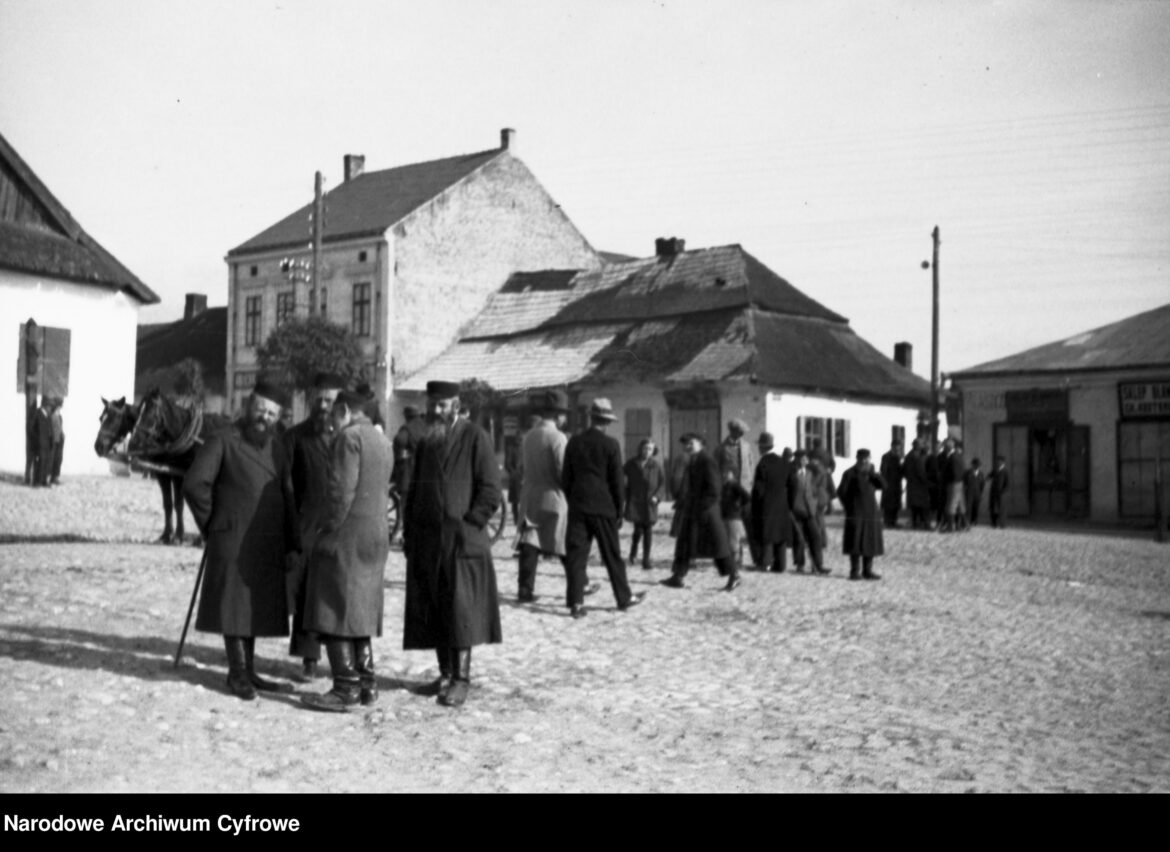The fall of the First Polish Republic meant the transition of Polish society, including national minorities, to the power of centralized absolutist regimes, such as the occupying Prussia, Austria and Russia.
Under partitions, Jews found themselves in a completely new legal situation – their state powers were limited and numerous, previously unknown interferences in their family and individual life were introduced. The Jewish population was also subject to general conscription to the army. These changes worsened their situation, instead introducing economic oppression. In fact, they meant the end of numerous privileges granted to them in the First Polish Republic.
In all three partitions, taxes began to rise rapidly. In the Prussian partition, the poll tax, known from the pre-partition times, increased from 3 to 10 zlotys. It was turned into two recruitment and protection taxes ( Rekruten Und Schutzgeld ) under the pretext of high costs of regulating the “Jewish question”. Also, Jews had to pay other special fees – Geleitzoll and Tagzettel. The former was imposed on people crossing the border of Prussia, and the latter was imposed on the Jews traveling to Warsaw.
In the territory of the Russian partition, the economic exploitation of the Jewish population was even more ruthless. In 1794, Jews were subject to pay double state and city taxes compared to other strata. Moreover, Jewish families were obliged to pay the recruitment tax, as well as indirect community fees (korobka), imposed on Jewish religious communities.
The largest financial drain was introduced in the Habsburg monarchy. Already in the first ten years after the fall of the First Polish Republic, the former poll tax in Galicia increased threefold, and the average amount of numerous other taxes per family increased from 8 to 38 guldens.
In the Austrian partition, indirect taxes, such as candlestick and kosher taxes, turned out to be extremely heavy payments. They doubled the price of meat, which made this commodity even less available to Jews than to poor Christian families. For lighting a candle without the required fee, they risked forced labor or even imprisonment. These matters were supervised by the hated Jewish tax collectors.
Thus, the pauperization of Jews was a manifestation of the policy of all partitioning powers. The largest fiscal burden was introduced in Austria and Russia.





